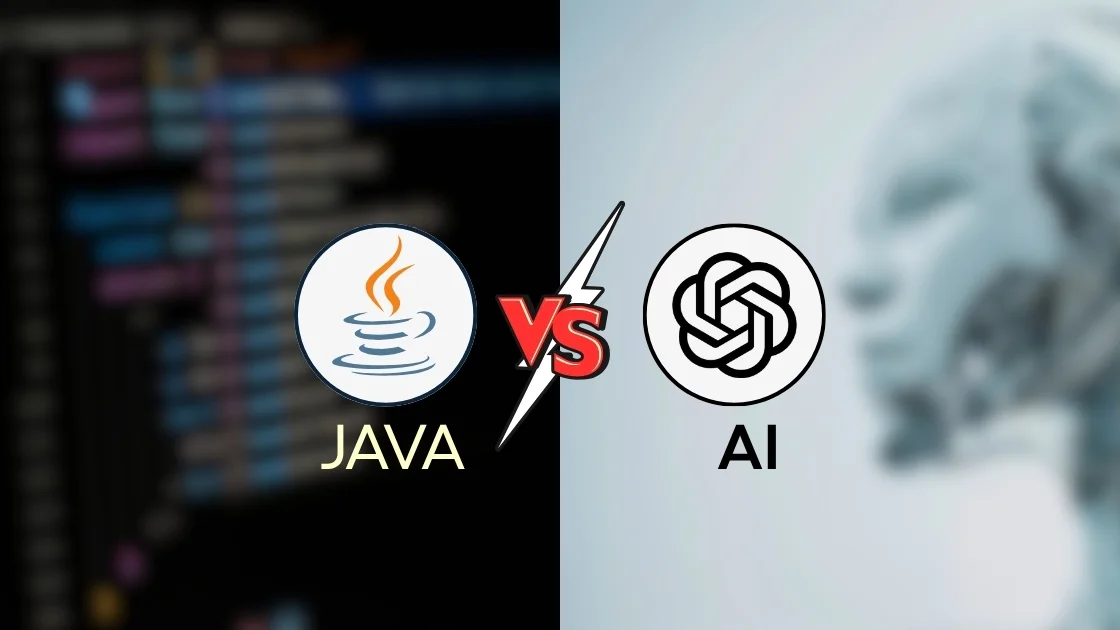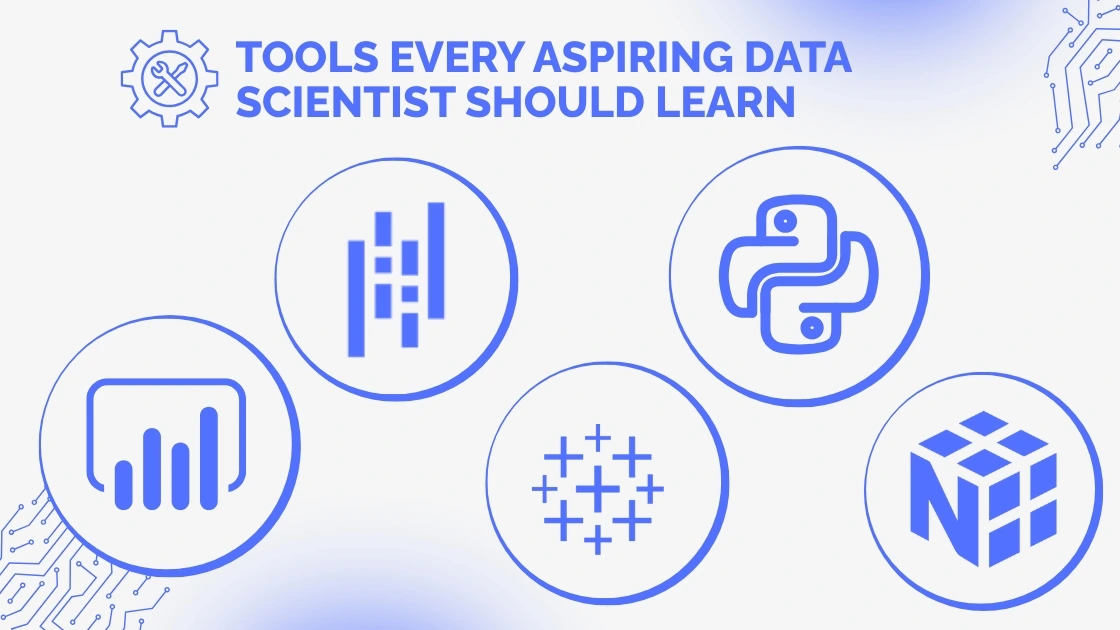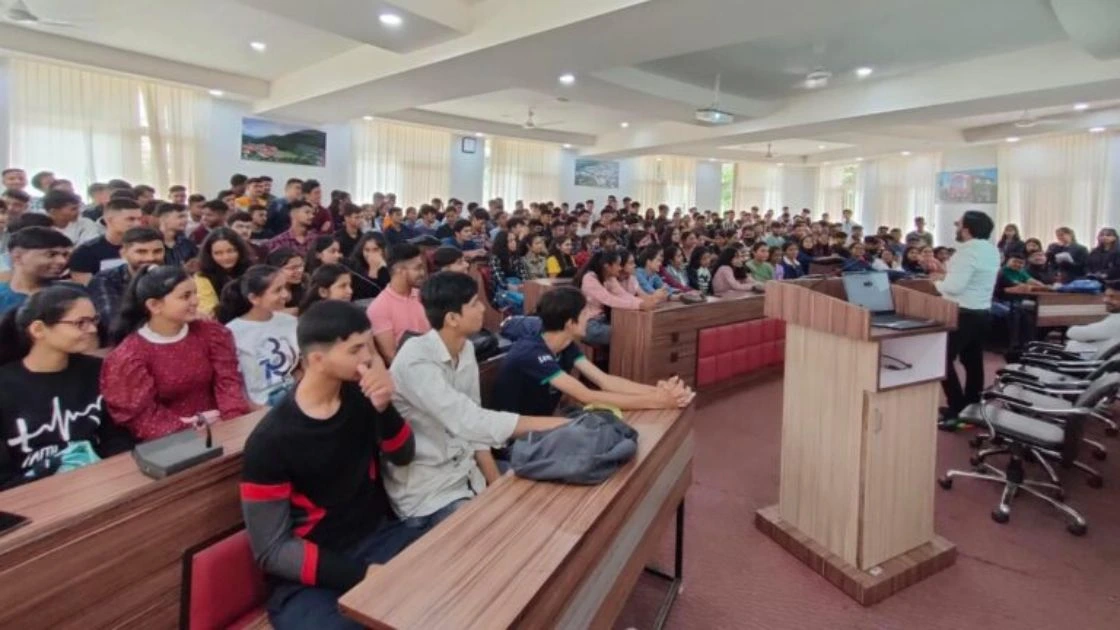In today’s tech-driven world, artificial intelligence (AI) dominates conversations about innovation and the future of programming. With new languages like Python, Julia, and R gaining popularity for machine learning and AI applications, many wonder whether traditional languages like Java still have a place. However, despite the fast-paced evolution of technology, Java programming continues to stand tall as one of the most reliable, versatile, and powerful languages for developers worldwide. In this blog, we’ll explore whether Java is still worth learning in the age of AI—and the reasons why it remains a critical skill for programmers, even today.
The Legacy of Java Programming
Since its introduction in 1995 by Sun Microsystems (now owned by Oracle), Java programming has been a cornerstone of software development. Its “write once, run anywhere” philosophy revolutionized how developers built applications, making it possible to create code that could run across platforms without modification. Over the decades, Java has powered everything from web applications to enterprise software, Android apps, financial systems, and even big data solutions.
Its enduring presence isn’t accidental. Java was designed with performance, scalability, and security in mind—qualities that have made it the backbone of large-scale, mission-critical systems used by global enterprises like Amazon, LinkedIn, and Netflix. These features have also made Java an adaptable language that continues to evolve with emerging technologies, including AI and machine learning.
Why Java Still Matters in the AI Era
The rise of AI has shifted much of the focus toward languages like Python due to their simplicity and vast AI libraries. However, that doesn’t mean Java is obsolete. On the contrary, Java programming continues to play a significant role in the AI ecosystem—particularly in enterprise-level and production-grade AI applications.
Here’s why:
1. Robustness and Scalability
AI systems, especially those deployed in production, need to handle large datasets, manage concurrency, and scale efficiently. Java’s strong memory management, multi-threading capabilities, and reliable performance make it ideal for such environments. Its ability to run on the Java Virtual Machine (JVM) ensures stability and compatibility across platforms, making it a dependable choice for long-term AI projects.
2. Integration with Enterprise Systems
Most organizations already use Java-based infrastructures. Integrating AI models into existing systems is far easier when using Java programming, since it seamlessly connects with enterprise-grade applications, databases, and cloud platforms. Companies can embed machine learning models into Java-based backends without rearchitecting their entire ecosystem.
3. Powerful Libraries and Frameworks
While Python dominates the AI library landscape, Java is far from being left behind. Frameworks like Deeplearning4j, Weka, MOA (Massive Online Analysis), and Encog provide Java developers with tools for deep learning, data mining, and predictive analytics. Deeplearning4j, in particular, supports distributed computing via Apache Spark and Hadoop, making it ideal for large-scale AI and big data applications.
4. Performance Advantages
Java is a compiled language, which gives it an edge over interpreted languages in terms of execution speed. In computationally intensive AI applications, performance can make or break an implementation. When combined with Just-In-Time (JIT) compilation and efficient garbage collection, Java offers both speed and stability for complex machine learning workflows.
5. Strong Ecosystem and Community Support
One of Java’s greatest strengths lies in its ecosystem. From development tools like IntelliJ IDEA and Eclipse to build systems like Maven and Gradle, Java developers have access to mature, battle-tested tools. The vast community also ensures continuous improvement, updates, and support for emerging trends like AI and data science.
Java and Machine Learning: A Growing Connection
Although Python is the go-to language for data scientists, Java programming is increasingly being used to operationalize machine learning models. Many companies train their models in Python but deploy them in Java-based production systems for better performance and scalability.
For instance, frameworks like TensorFlow Java API and DL4J allow developers to run AI models in Java environments. Java also integrates easily with big data platforms like Apache Spark, Hadoop, and Kafka, which are often crucial components of AI-driven architectures. These integrations make it possible to process massive datasets, perform real-time analytics, and build intelligent applications—all within the Java ecosystem.
Moreover, Java’s role in Android development gives it a unique advantage. With the surge in AI-powered mobile apps—such as chatbots, image recognition tools, and voice assistants—Java developers can build AI features directly into Android applications. This overlap between AI and mobile development further extends Java’s relevance in today’s world.
The Career Value of Java in 2025 and Beyond
From a career perspective, learning Java programming remains a smart investment. According to multiple job market analyses, Java consistently ranks among the top programming languages for employment opportunities. Its versatility means you can work across domains—whether it’s backend development, cloud computing, fintech, or AI-driven applications.
Even in AI and machine learning roles, companies value Java expertise, particularly for building scalable, production-ready solutions. While Python might be favored for experimentation, Java is often used when transitioning from prototype to production. That’s why many AI teams look for engineers fluent in both languages—a combination that commands high demand and strong salaries.
Furthermore, with the introduction of Java 21 and features like virtual threads (from Project Loom), Java continues to modernize. These updates enhance performance and simplify concurrency, making Java even more powerful for high-performance computing and AI workloads.
The Future of Java in the AI Landscape
Looking ahead, Java’s evolution suggests it’s not going anywhere. Its ecosystem is adapting rapidly to support new technologies like AI, cloud-native development, and microservices. Oracle and the open-source community are actively improving Java’s capabilities for data processing, model deployment, and parallel computation—all essential for AI workloads.
In the coming years, we’re likely to see deeper integration between Java and AI frameworks, better GPU support for machine learning, and improved interoperability between Java and Python environments. As more organizations seek stability, scalability, and maintainability in their AI systems, Java programming will remain a vital skill for developers.
Final Verdict: Should You Still Learn Java in the Age of AI?
Absolutely. While AI has introduced new tools and languages, Java programming remains one of the most practical, future-proof, and in-demand skills in tech. It’s not just a language—it’s an ecosystem that underpins some of the world’s most complex, scalable systems.
If your goal is to work on enterprise AI projects, deploy machine learning models at scale, or build AI-powered Android applications, Java will serve you well. Even if you’re starting in AI, learning Java equips you with a solid foundation in object-oriented programming, performance optimization, and large-scale software design—skills that are invaluable in any field.
In short, AI might be the future, but Java is the bridge that helps us get there. Its combination of power, reliability, and adaptability ensures that Java programming remains not only relevant but essential in the age of AI.











